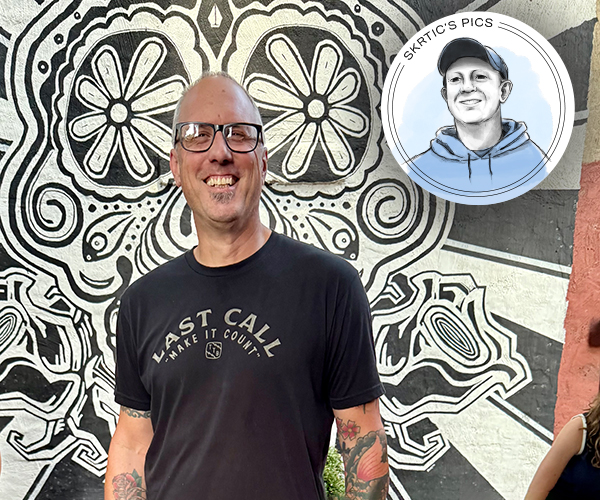The O'Jays still do a very high-energy show. Doing that has been very helpful
to me as far as my health is concerned. It keeps the heart rate pumping, keeps the blood pressure down, keeps the cholesterol and all of that stuff in check.
Because you are living in close quarters [on the road], you learn a lot about people. You learn there's some things that they're going to do no matter what, and you can't change them. And you find out what a real friend is — someone who knows that you can be a real jerk, but is able to understand it and still keep loving you.
Staying up for three or four days in a row and not getting any sleep, just partying until I dropped — that was terrible. You talk about aging! Not getting enough rest will age you faster than anything else in the whole world.
I appreciated the time that I was able to be off work and at home with [my kids]. That was more precious than anything else that I could ever contribute.
I had five cars and no one to drive them but me and my wife. They would sit there, and the seals and the tires would go bad because nobody was driving them. That let me know that having things was not [important]. The most important thing is to have the happiness of the people that you love, to have their company and their camaraderie.
When I met Raquel, [my second wife], I had no intention of getting married. Never in my whole life had I ever played it straight with any one woman — even with Gerald's mom, and I was married to her for 19 years. Then all of a sudden I said, "I'm going to finally be all I can be in a relationship. I'm going to try to play it as straight as I possibly can." And I'm a much better person because of it. You might say I'm henpecked.
Gerald was a workaholic. He was constantly thinking about his next record, his next show, how well he was going to do, how well people accepted him, his presence and his presentation. It was all I could do to keep him from worrying about those things. In the end, the music took a toll on him.
When I first came out to Las Vegas, I was like, "Let me go up on the Strip! Let me go up on the Strip!" Then you discover: Well, if I keep going up on the Strip, I won't be able to stay out here in the suburbs. Now, it's almost like it doesn't exist. It stops having any bearing on your life once you realize that if you keep going up there, you'll be broke.
Nelson Mandela is a very funny man. When [Gerald and I] went to meet him, he was telling his secretary, "You're just running around too much. Come and sit on my lap." She said, "No, no, no, no." We said, "Oh, you're a woman's man." And he said, "No, not anymore."
After you bling yourself out, you look at it and say, "But what was it worth? Who did I benefit?"
I've gotten a little bit more urgency in what I have to do as far as solidifying the well-being of my family once I'm not around ... I'm not saying, "Well, I'll do that tomorrow."
The Word says that I will see Gerald again, that I will be able to smack him upside of the head and say, "Why did you do this to me." That's what's getting me through.
Eddie and Gerald Levert's "I Got Your Back: A Father and Son Keep it Real About Love, Fatherhood, Family and Friendship" (Harlem Moon, $18.95) will be released June 5.



